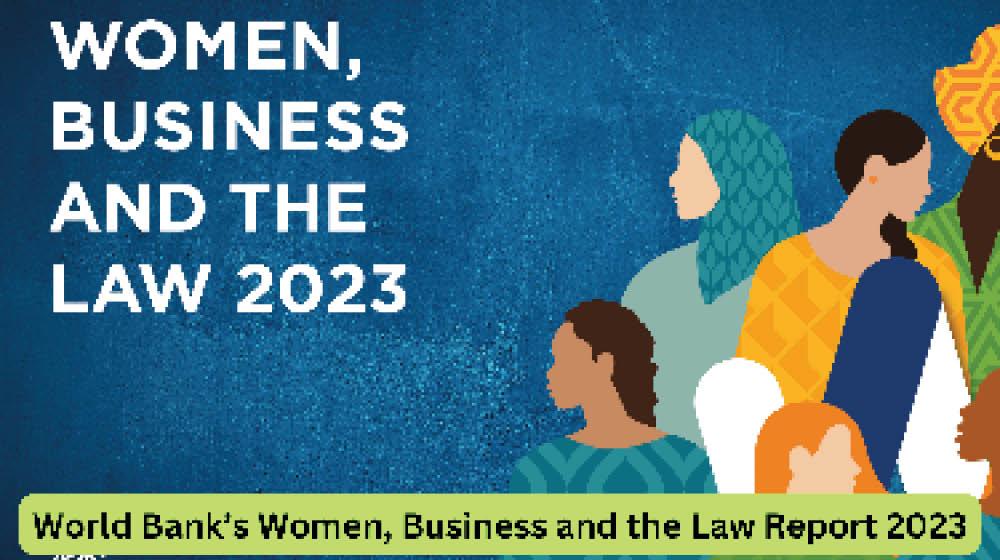Cyprus has scored 94.4 out of 100 in the World Bank's Women, Business and the Law index for 2023.
The Women, Business and the Law 2023 report assesses 190 countries’ laws and regulations in eight areas related to women’s economic participation: mobility, workplace, pay, marriage, parenthood, entrepreneurship, assets, and pensions.
The data, which are current through 1 October 2022, do not take the paid parental leave law that was voted in by the Cyprus parliament on 6 October, thus giving Cyprus a lower score in parenthood.
Cyprus got 100/100 in mobility, workplace, marriage, entrepreneurship, assets, and pensions. This means that the law in Cyprus does not discriminate between the two genders in these sectors.
Regarding mobility, the World Bank checks whether a woman can choose where to live and her ability to travel in and out of the country freely, the same way as men. Regarding workplace, the report checks whether there is legislation prohibiting discrimination in the workplace, the existence of legislation regarding sexual harassment in the workplace and whether there are criminal penalties or civil remedies for it.
Moreover, regarding marriage, the World Bank checks if a woman can be “head of household’, obtain a judgement of divorce and remarry in the same way as a man and whether there is legislation regarding domestic violence.
For entrepreneurship, the World Bank checks whether women can open a bank account, access credit, sign contracts and register a business in the same way as men. Regarding assets, it is examined whether the two genders have equal ownership rights to immovable property, whether children, regardless of their gender, have the same rights to inherit assets from their parents, whether the law grants spouses equal administrative authority over assets during marriage and if the law provides for the valuation of non-monetary contributions.
Regarding pensions, the World Bank examines if the two genders retire at the same age and whether periods of absence from work due to childcare are accounted for in pension benefits.
Cyprus did not get a perfect score in the pay and parenthood categories. In "pay", Cyprus scored 75/100 and in parenthood 80/100.
Regarding "pay", while legislation mandating equal remuneration for work of equal value exists in Cyprus, and women can work in a job deemed dangerous in the same way as a man, according to the World Bank's questionnaire, women in Cyprus are not allowed to work in mining.
Regarding parenthood, as mentioned above, when the data were collected Cyprus did not have a law in action regarding paid parenthood leave. The report also shows that Cyprus has a paid maternity leave of 126 days and paternity leave of 14 days, and that the dismissal of pregnant workers is prohibited.
In 2022, the global average score on the World Bank’s Women, Business and the Law index rose just half a point to 77.1. Worldwide, nearly 2.4 billion women of working age still do not have the same rights as men.
Closing the gender employment gap could raise long-term GDP per capita by nearly 20% on average across countries, according to the World Bank, while studies estimate global economic gains of $5-6 trillion if women started and scaled new businesses at the same rate as men do.









